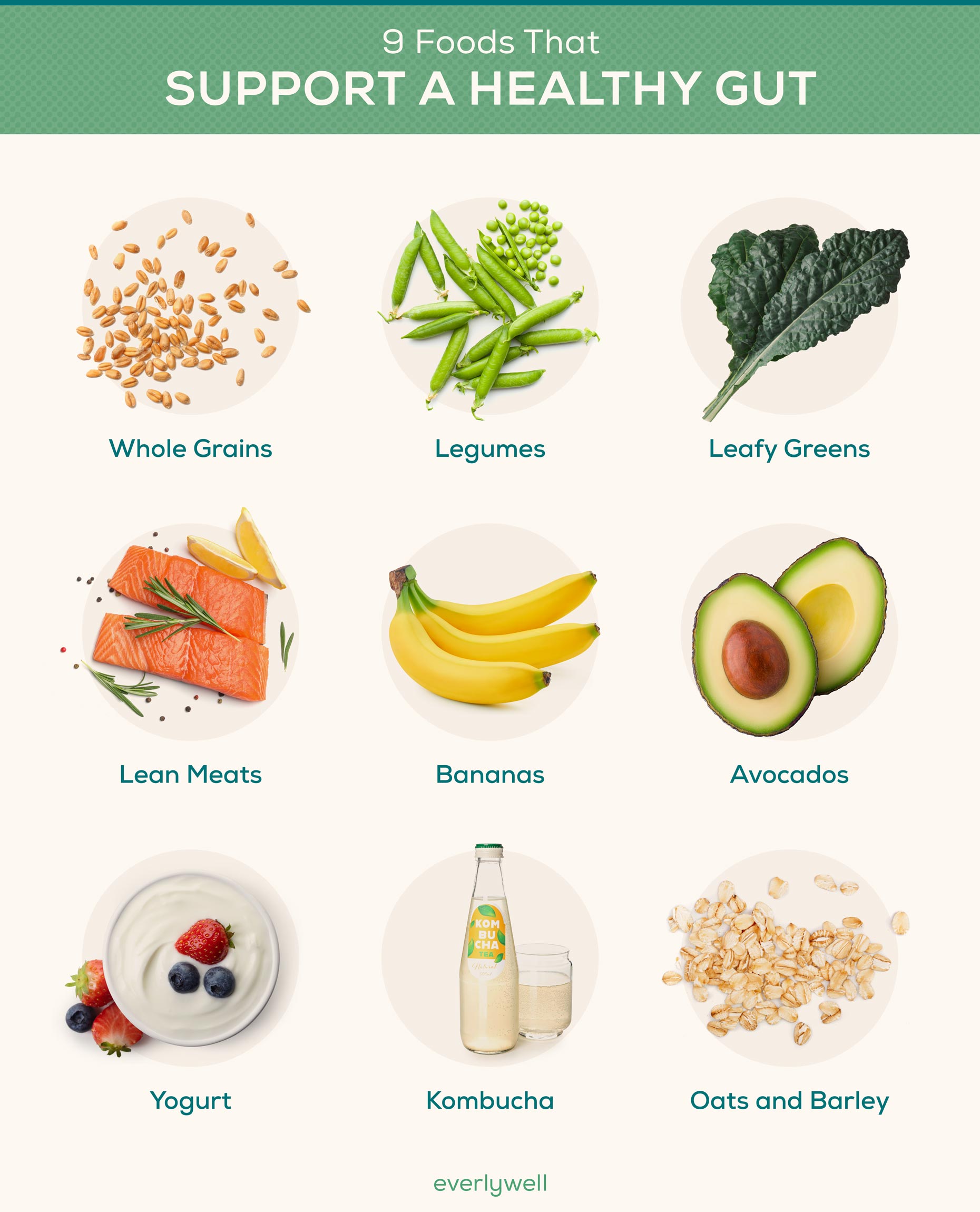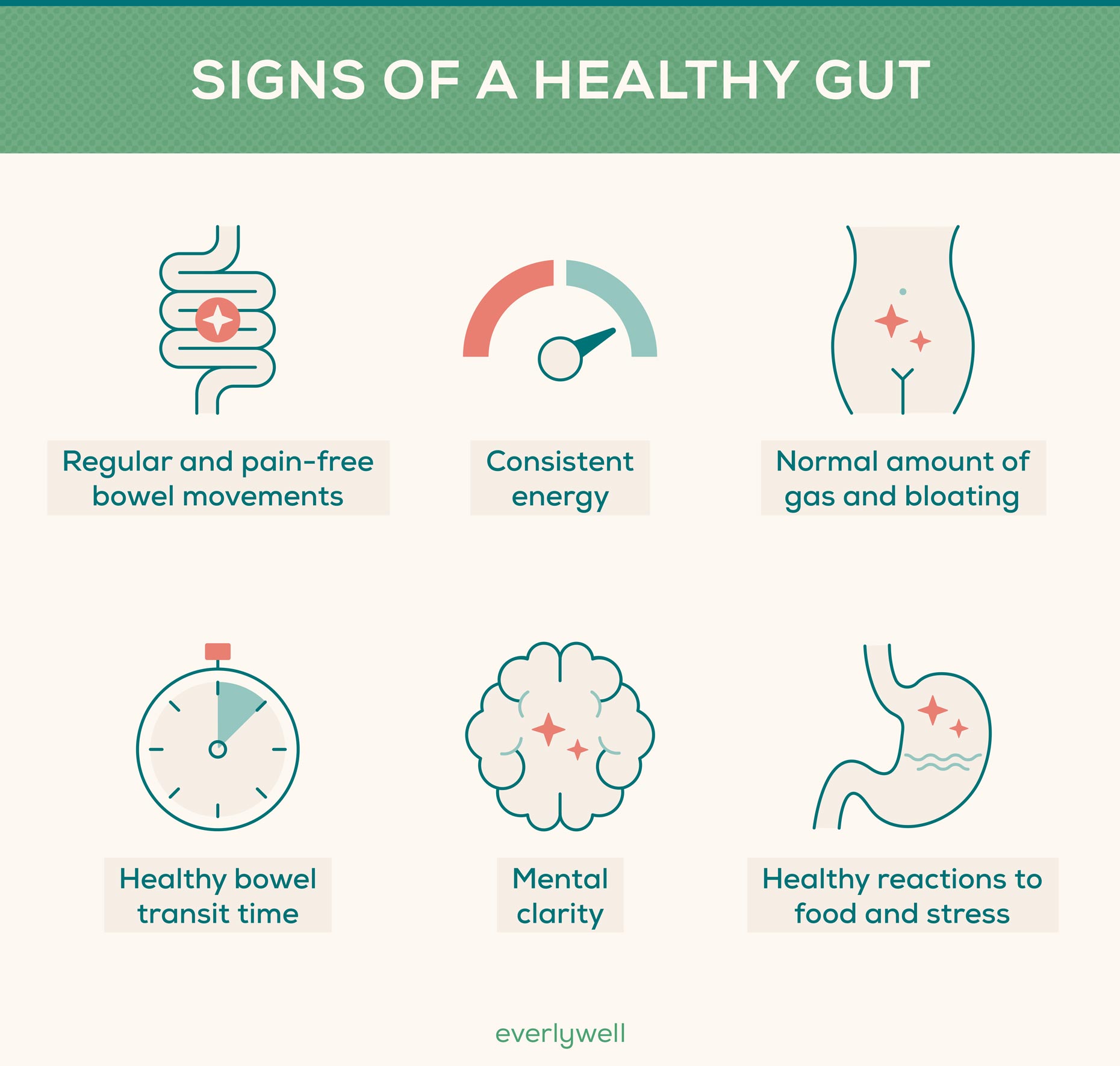How to Have a Healthy Gut: Proven Tips for Optimal Digestion

To have a healthy gut, consume a balanced diet rich in fiber, probiotics, and prebiotics. Avoid processed foods and stay hydrated.
A healthy gut is crucial for overall well-being. It influences digestion, immune function, and even mental health. Eating a balanced diet that includes fiber-rich foods, such as fruits, vegetables, and whole grains, can promote gut health. Probiotics found in yogurt and fermented foods support beneficial gut bacteria.
Prebiotics, present in foods like garlic and onions, feed these good bacteria. Staying hydrated aids digestion and nutrient absorption. Reducing intake of processed foods and sugars helps maintain a balanced gut microbiome. Regular exercise and stress management also contribute to a healthy digestive system. Prioritize these habits to support your gut health and overall wellness.
Importance Of Gut Health
Maintaining a healthy gut boosts overall wellness and supports the immune system. Incorporate fiber-rich foods, probiotics, and hydration into your diet for optimal gut health. Regular exercise and stress management also play crucial roles in nurturing a balanced gut microbiome.
Role In Overall Health
The gut is like a second brain. It controls many functions in the body. A healthy gut helps with digestion. It also supports the immune system. Good gut health means better mood and energy levels. It can even help with weight management. Keeping the gut healthy is very important for overall well-being.
Common Gut Issues
Many people suffer from gut problems. Bloating is a common issue. It makes the stomach feel tight and full. Constipation is another problem. It makes it hard to go to the bathroom. Some people have diarrhea. This makes them go to the bathroom too often. Heartburn causes a burning feeling in the chest. Irritable Bowel Syndrome (IBS) is another common issue. It can cause pain, bloating, and changes in bowel habits. Addressing these issues is key to maintaining a healthy gut.

Credit: www.everlywell.com
Balanced Diet
Fiber is important for a healthy gut. It helps food move through your digestive system. Eat whole grains, fruits, and vegetables. These foods are high in fiber. Beans and legumes are also good sources. Fiber can prevent constipation. It can also lower blood sugar levels. This keeps your gut happy and healthy.
Probiotics are good bacteria. They help balance your gut. Yogurt and kefir have probiotics. Some cheeses also have them. Prebiotics feed the good bacteria. They are found in bananas, onions, and garlic. Eating both probiotics and prebiotics is good. This keeps your gut in balance.
Hydration
Drinking enough water is essential for a healthy gut. Water helps in digestion and nutrient absorption. Aim to drink at least eight glasses of water each day. This keeps your digestive system running smoothly. Make sure to drink more if you exercise a lot or live in a hot climate. Always keep a bottle of water nearby. This helps you remember to drink regularly.
Herbal teas can improve gut health. Chamomile and peppermint teas are great choices. These teas can reduce inflammation and help with digestion. Drink a cup of herbal tea after meals. This can soothe your stomach and aid in digestion. Avoid adding too much sugar. This keeps the tea healthy and beneficial.
Regular Exercise
Different exercises help the gut. Walking is simple and great. Running boosts digestion. Yoga relaxes the gut. Cycling keeps the gut moving. Swimming is also good.
Exercise helps food move. It reduces bloating and gas. It keeps you regular. It helps the gut bacteria. It also lowers stress.
Stress Management
Practicing mindfulness can help reduce stress. Try deep breathing exercises daily. Focus on each breath you take. This helps calm the mind and body. Another method is meditation. Spend a few minutes sitting quietly. Focus on a single word or object. Let go of distracting thoughts.
Yoga is also beneficial. It combines physical postures with breathing techniques. This practice enhances relaxation and reduces stress. Consistency is key. Make mindfulness a daily habit for the best results.
Stress affects the gut in many ways. It can disrupt digestion. This may lead to problems like bloating or constipation. Stress can also affect gut bacteria. An imbalance can cause discomfort and illness.
Managing stress is important for gut health. Keeping stress levels low helps maintain a healthy gut. Practice stress-reducing techniques regularly. A calm mind supports a happy gut.
Credit: healthpath.com
Adequate Sleep
Good sleep hygiene means having a clean and comfortable bed. Avoid screens before bedtime. Try reading a book instead. Keep your room dark and cool. A quiet room helps you sleep better. Go to bed at the same time each night. Wake up at the same time every morning. These habits make your sleep better.
Sleep affects your gut health. Poor sleep can harm your gut. Good sleep helps your gut work well. Your gut and brain talk to each other. This is called the gut-brain axis. When you sleep well, your gut feels better.
Bad sleep can cause gut problems. These include bloating and gas. Good sleep can help heal your gut. A healthy gut can help you sleep better. Your gut and sleep are connected.
Avoiding Harmful Substances
Both alcohol and tobacco can harm your gut. They can damage the lining of your stomach. This can lead to ulcers and other issues. Reducing or quitting these habits can improve gut health. Drinking too much alcohol disrupts gut bacteria. Smoking increases harmful bacteria. Your gut will thank you for avoiding these substances.
Processed foods often contain additives and preservatives. These can upset the balance of your gut bacteria. Many processed foods are high in sugar and unhealthy fats. These can cause inflammation and harm your gut. Eating whole foods like fruits and vegetables is better. Whole foods have more fiber and nutrients. They help maintain a healthy gut.
Monitoring Gut Health
A healthy gut has regular bowel movements. People with a healthy gut rarely feel bloated. Good digestion is another sign. Energy levels remain high with a healthy gut. Minimal gas is common in a healthy gut. People with a healthy gut often have clear skin. Balanced mood is also a sign of a healthy gut.
Seek advice if you have persistent bloating. Severe stomach pain needs attention. Blood in stool is a serious sign. Unexplained weight loss can be concerning. Frequent diarrhea is not normal. Chronic constipation needs a doctor’s visit. Extreme fatigue might be linked to gut issues.

Credit: www.everlywell.com
Frequently Asked Questions
What Foods Improve Gut Health?
Foods rich in fiber, probiotics, and prebiotics improve gut health. Include fruits, vegetables, yogurt, kefir, and whole grains in your diet.
How Does Stress Affect Gut Health?
Stress negatively impacts gut health. It can cause digestive issues and disrupt gut bacteria balance. Practice stress management techniques.
Can Exercise Improve Gut Health?
Yes, regular exercise improves gut health. It enhances gut motility, increases beneficial bacteria, and reduces inflammation.
What Are Signs Of An Unhealthy Gut?
Signs include bloating, gas, diarrhea, constipation, and fatigue. Other indicators are skin issues and frequent infections.
Conclusion
A healthy gut is key to overall well-being. Follow these tips to maintain balance and improve digestion. Eat diverse foods, stay hydrated, and manage stress. Regular exercise and probiotics also support gut health. Prioritize your gut, and you’ll notice a positive impact on your entire body. see more






